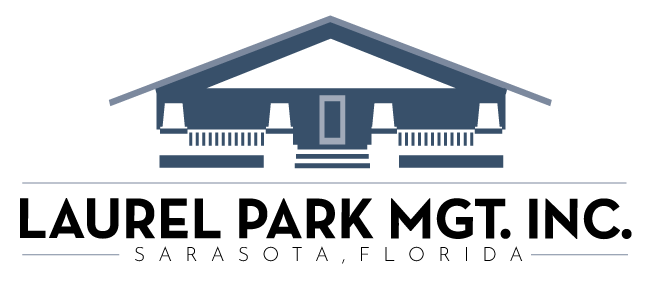A couple weeks ago I posted about merits of replacing a second car (or even a first car) with a bicycle. Bicycles are big right now in the worlds of urban planning and placemaking, for many good reasons. As mentioned before: bikes are affordable, they don’t add to noise and air pollution, they don’t require any fuel beyond the food consumed by their operator, they take up very little space, and they increase the average health and happiness of communities that embrace them. Bicycles are also incredibly functional, especially if one thinks a bit outside the box. To prove this last point, I’ve included a collection of photos of bikes at work (below, click on images for source).
It’s strange and a bit saddening that bikes have become politicized symbols of environmentalists, liberals, communists, hippies, hipsters, or whatever other group. The fact is that an increase in cycling benefits everyone and hurts no one; intelligent, universally beneficial activities are nonpartisan, and should be allowed to remain as such. So many towns and cities in the US could become vastly better places to live simply by recognizing bicycles as a valid and viable means of transportation.
The next time you happen to be stuck in traffic on 41, just imagine if half the cars were replaced by bicycles. Imagine how much nicer the bayfront would be without the endless lines of traffic. How much more accessible Main Street would be if you never had to look for a parking spot. Imagine how much more freedom children and elderly people would have. Imagine how much space would become available for homes, shops, offices, or parks if the vast parking lots at shopping centers were no longer needed.
Loving the bicycle doesn’t mean hating the car. It’s about making smart decisions that improve the lives of individuals and communities alike.







